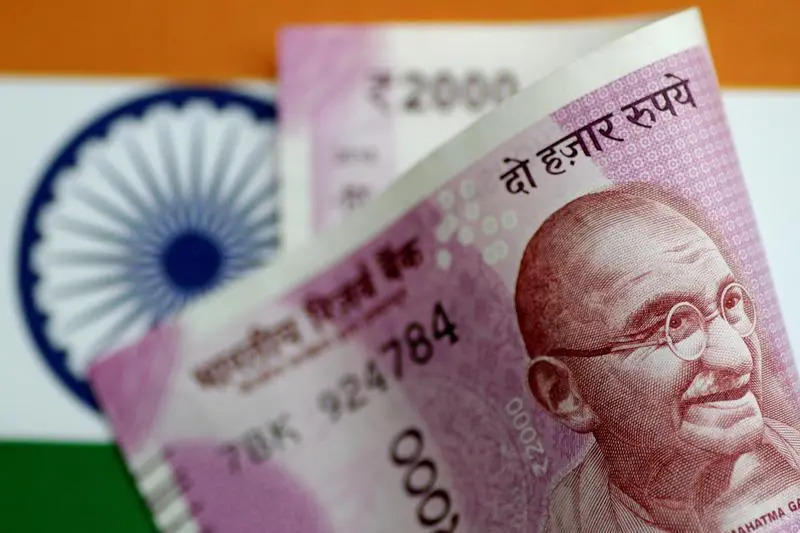India received approval to join the JPMorgan Bond Index, boosting the currency and bonds.

JPMorgan has made the decision to include India in its widely followed emerging market debt index, which is expected to pave the way for significant inflows into India’s economy, benefiting its current account and fiscal deficits. India’s local bonds will become part of the Government Bond Index-Emerging Markets (GBI-EM) index and the index suite, which is used as a benchmark by global funds totaling approximately $236 billion, according to JPMorgan’s announcement.
This development is seen as a crucial moment for India, one of the world’s fastest-growing major economies, as it strives to enhance its presence in international financial markets.
JPMorgan has identified 23 Indian Government Bonds (IGBs) with a combined notional value of $330 billion as eligible for inclusion in the index. These bonds all fall under the “fully accessible route” for non-residents.
JPMorgan anticipates that India’s weight in the GBI-EM Global Diversified Index will reach the maximum threshold of 10%, and it will represent approximately 8.7% in the GBI-EM Global Index.
Following this announcement, India’s benchmark 10-year bond yield initially dropped 7 basis points to a two-month low of 7.0788%, and the rupee strengthened against the US dollar. India’s Chief Economic Adviser, V. Anantha Nageswaran, welcomed this development, highlighting the confidence that financial markets and participants have in India’s potential, growth prospects, and macroeconomic and fiscal policies.
The inclusion of Indian bonds in the index is scheduled to commence on June 28, 2024, and will take place over 10 months with 1% increments in its index weighting. This gradual approach aims to bring India’s index weighting to a maximum of 10%.
While this development is expected to have positive implications for India’s interest rates and foreign exchange markets, it may lead to outflows from domestic government bonds of other countries, resulting in reductions in their index weightings. Thailand is projected to experience the largest reductions at 1.65 percentage points, while South Africa, Poland, the Czech Republic, and Brazil are expected to see reductions of 1-1.36 percentage points, according to JPMorgan.
India initiated discussions on including its debt in global indexes in 2019 and took steps to make its bonds more accessible to foreign investors by removing foreign investment restrictions on some government securities in 2020.
Foreign investors currently own less than 2% of India’s outstanding government debt, but this is expected to increase, with some estimates suggesting it could rise to 5%.
JPMorgan’s announcement also mentioned that Egypt’s eligibility in the GBI-EM series would be reviewed for three to six months due to reported “material” obstacles in currency repatriation. If these obstacles persist, a status review will be triggered for Egypt’s potential removal from the GBI-EM series.
Egypt will remain in the index during the review period.